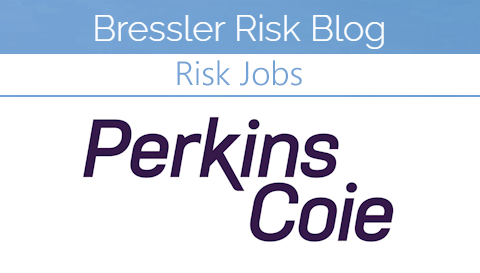Meta is making billions of dollars every year from ads marketing scams and illegal products on its platform, according to a new report from Reuters. The report details the staggering numbers behind scam ads on Meta’s platform, and raises fresh questions about why the company has failed to get the problem in check.
Last year, Meta estimated that scam ads could account for as much as 10 percent of its revenue, a total that would amount to about $16 billion, according to documents reported by Reuters. This includes ads for “fraudulent e-commerce and investment schemes, illegal online casinos, and the sale of banned medical products.” In fact, scams on Meta’s platform are so far-reaching that researchers at the company estimated that its apps “were involved in a third of all successful scams in the U.S.”
The report also outlines how Meta has at times made it harder for its own teams to fight such ads, and how its own processes allow for repeat offenders to continue buying ads. It says that a “small advertiser” caught “promoting financial fraud” wouldn’t be blocked until they were flagged “at least eight times.” Meta has been even more lenient with “bigger spenders,” which have reportedly been permitted to “accrue more than 500 strikes” without being removed from the platform.
That may sound shockingly permissive, particularly compared to Meta’s standards for users on its platform, but the Reuters report highlights how high the stakes are for Meta. The report notes that just four ad campaigns removed by Meta this year accounted for $67 million in revenue for the company. The report says that internally, executives have grappled with how to bring scam ads under control without adversely affecting the company’s bottom line. At one point, managers were reportedly told not to “take actions that could cost Meta more than 0.15% of the company’s total revenue.”
In response to the report, Meta told Reuters that the estimated 10 percent of revenue from scam ads was “rough and overly-inclusive,” but didn’t share an alternative figure. “Over the past 18 months, we have reduced user reports of scam ads globally by 58 percent and, so far in 2025, we’ve removed more than 134 million pieces of scam ad content,” spokesperson Andy Stone said.






